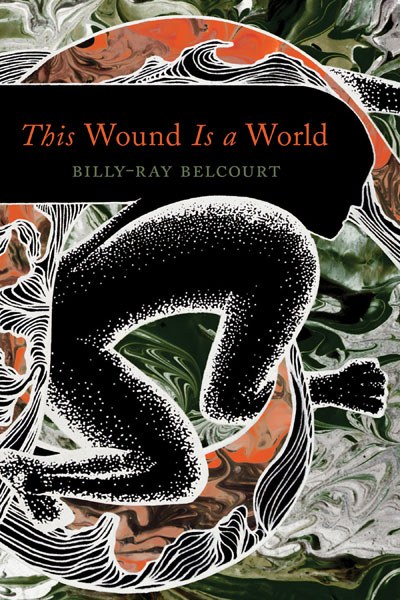The earth isn’t just a place but also a shared subjectivity. It is possible to exist in a way that functions in contradistinction to the earth and, in so doing, cleave oneself from the metaphysical condition of earthliness (this is how racial capitalism works). One of the logics of colonialism is a desire to subjugate the earth as a form of white domination. In this calculus, Indigenous life is made indistinct from the earth (thus seen to be violable) and land is transformed into property.
In Cree epistemology, land is a sentient being; we are co-constituted with it. A Cree ecopoetics, in my mind, is a poetics of the land, a way of acknowledging the sovereignty of land and water and animal and plant life. In an unpublished poem, I write, “The lake is my ancestor, even if it will outlast me.” The lake I’m referring to is Lesser Slave Lake, the third largest body of water in Alberta and the site of several First Nations communities. Treaty 8 was first signed on its shores in 1899.
The spirit and intent of treaty-making from an Indigenous point of view had to do with ethical relationality and shared stewardship of the land. White settlers, sent by a juvenile colonial government, betrayed this spirit and configured treaty as a legal cessation of land. In order to carry this objective out, Cree people were corralled onto reserves, put into residential schools, starved, and pervasively surveilled by police and Indian agents. I think of these forms of “Indian policy” as an anti-earth politics.
The settler version of treaty (as well as the Doctrine of Discovery) made resource extraction possible — northern Alberta is the site of the infamous oil sands. On the coast of Lesser Slave Lake, some of the Canadian government’s most brutal forms of colonial oppression played out. I wonder what it means for a lake to be witness to all of it. In a way, that trauma is inscribed in the lake’s ontological fabric. But, more importantly, I see the lake as proof of my people’s indomitability. The lake precedes the political project of Alberta, of Canada; it precedes the concept of the settler state. The lake has been and continues to be a locus of Cree livability. Every summer I stand at its shores and feel like an indiscriminate part of the earth.
That is what I think poetry affords us Indigenous poets working in a time of white supremacist heteropatriarchal colonialism — a way of becoming the earth, a way of preserving and enacting something of our ancestors’ ways of being and doing. A poem can be an uproarious reminder of the impossibility of settlement, of total conquest. As such, it is a love song to the land.
*
Three Books for Further Reading
Islands of Decolonial Love. Leanne Betasamosake Simpson. Winnipeg: Arbeiter Ring Publishing, 2013.
WHEREAS. Layli Long Soldier. Minneapolis: Graywolf Press, 2017.
Creeland. Dallas Hunt. Gibsons, BC: Nightwood Editions, 2021.




